
Historical commemorations play an essential role in shaping the collective memory of societies. They serve as a bridge between the past and the present, linking generations and perpetuating societal values, beliefs, and shared experiences. These events often manifest in the form of anniversaries, monuments, festivals, and more, providing opportunities for reflection and education.
The Importance of Historical Commemorations
Commemorative events bring communities together and offer a chance for collective reflection. They remind us of the significant milestones in our history, the struggles and victories that have defined our path. Through rituals and ceremonies, these events ensure that history is not forgotten but rather kept alive and relevant.
Shaping National Identity
Commemorations are instrumental in forging and reinforcing national identity. They provide a shared narrative that people can connect with, fostering patriotism and unity. National holidays like Independence Day or Remembrance Day are prime examples of how commemorations can unite people.
Educational Value
Historical commemorations are also invaluable educational tools. They offer insights into the past, teaching younger generations about bygone eras, key historical figures, and pivotal moments. Schools, museums, and cultural institutions often leverage these occasions to educate the public, ensuring that history remains an integral part of the educational landscape.
Controversies Surrounding Commemorations
Not all commemorations are embraced uniformly. Some can be contentious, sparking debates about historical narratives and representation. This is evident when commemorations are seen as glorifying specific viewpoints or marginalizing certain groups. Balancing historical accuracy with inclusivity remains a challenge in organizing these events.
The Role of Technology
In today’s digital age, technology plays a crucial role in commemorative activities. Social media, virtual reality, and online archives provide platforms for broader participation and engagement. They democratize access to information, allowing more people to participate in remembering and learning from history.
The Future of Historical Commemorations
As societies evolve, so too will the nature of commemorations. Future commemorations may increasingly focus on inclusivity and diversity, highlighting lesser-known historical events and figures. This evolution will ensure that commemorations remain relevant and reflective of society’s values.
In conclusion, historical commemorations serve more than just the purpose of remembrance. They are vital to maintaining the fabric of society, instilling shared values and fostering unity. As we move forward, it is crucial to approach these commemorations with a critical eye, ensuring they are inclusive and representative of diverse histories.
Historical commemorations play an essential role in shaping the collective memory of societies. They serve as a bridge between the past and the present, linking generations and perpetuating societal values, beliefs, and shared experiences. 
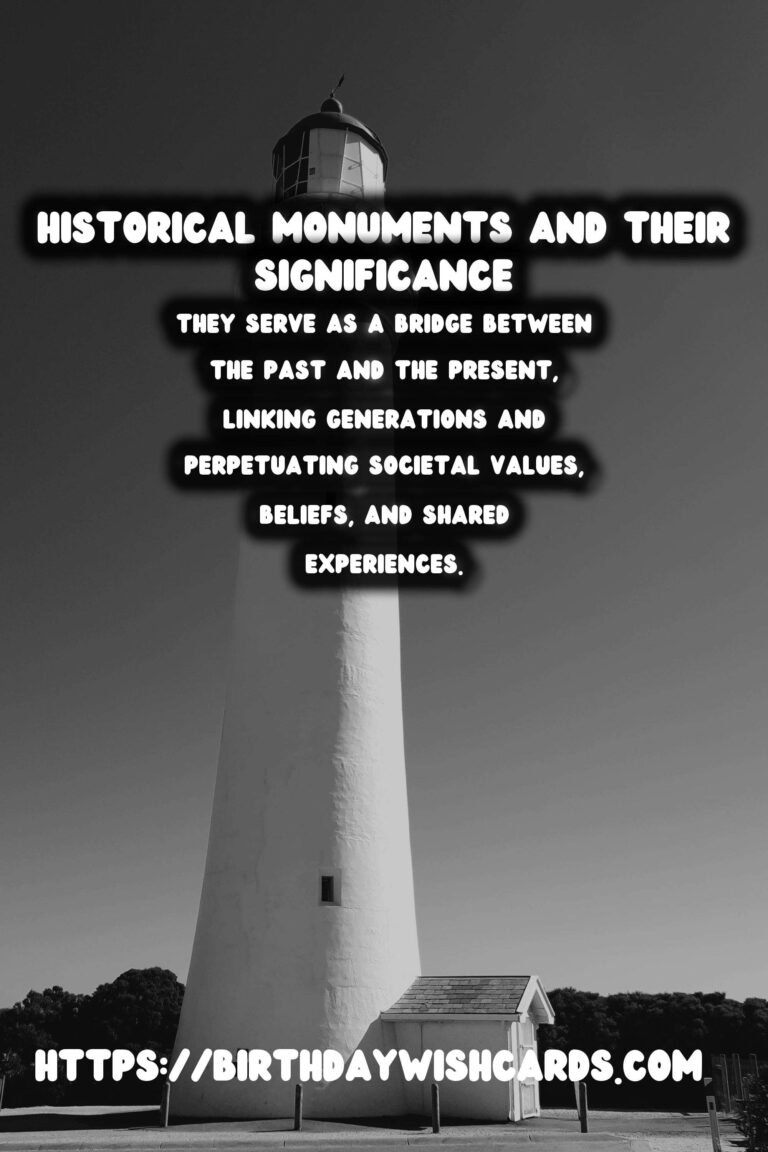
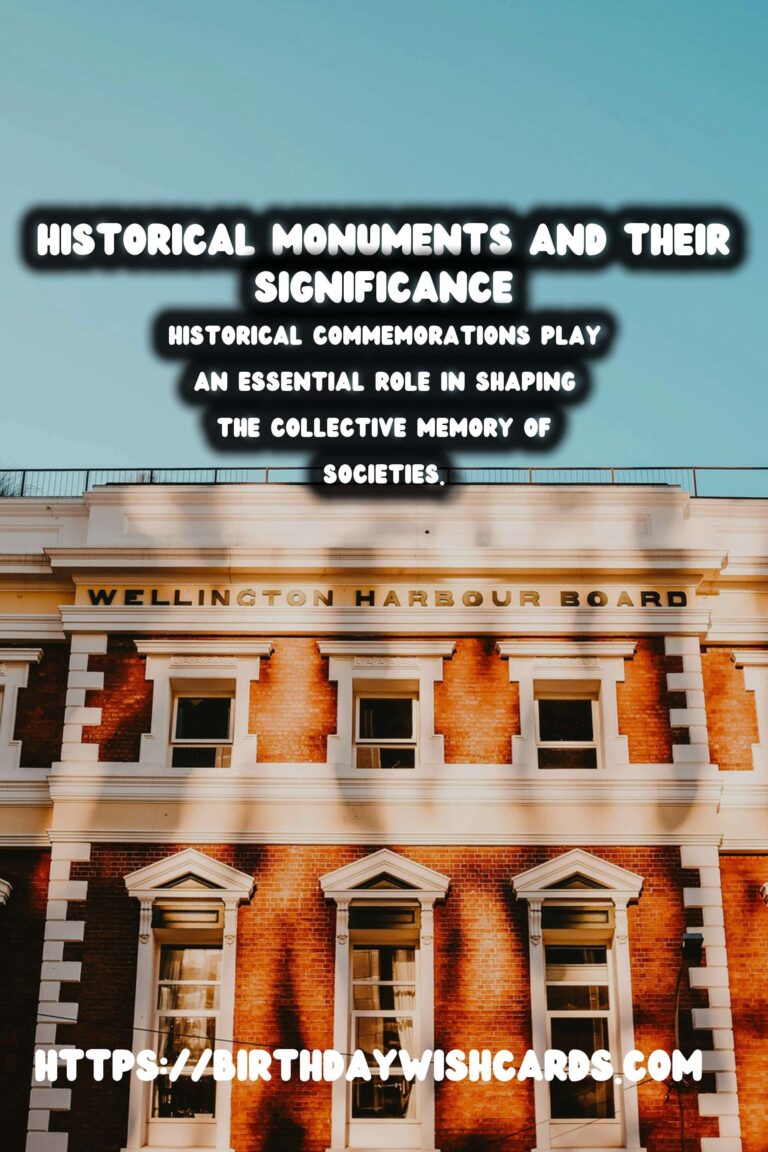
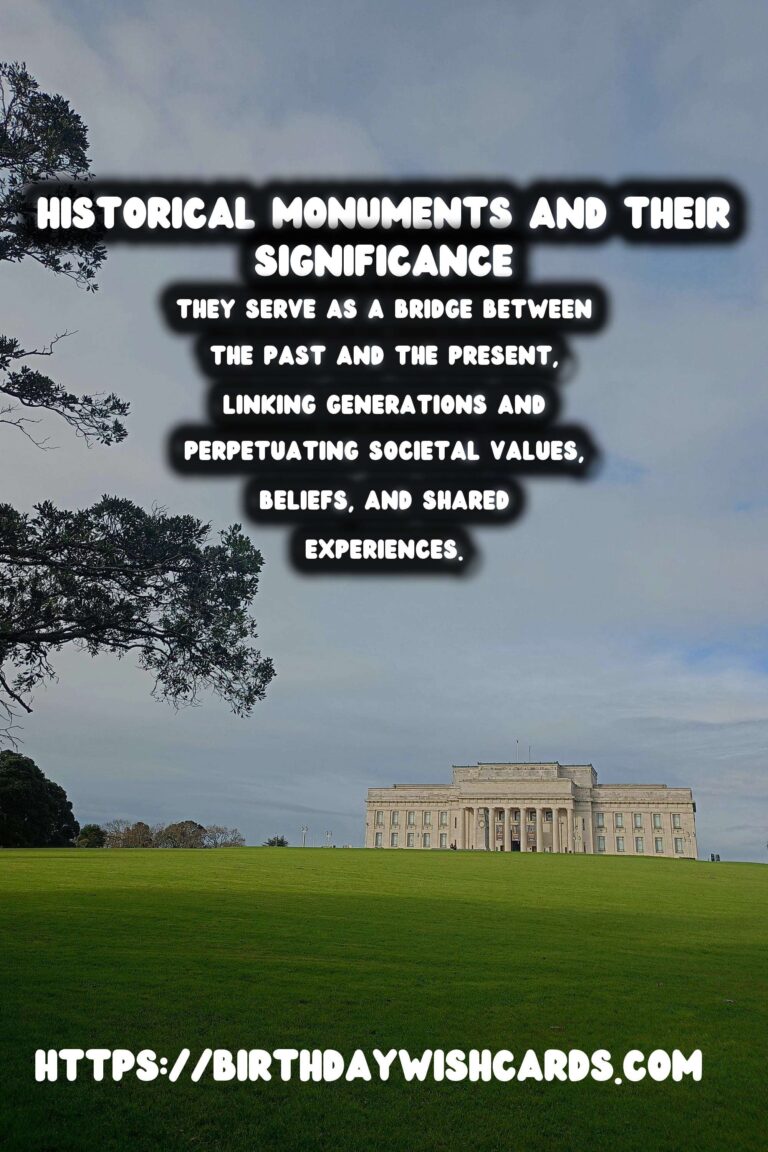
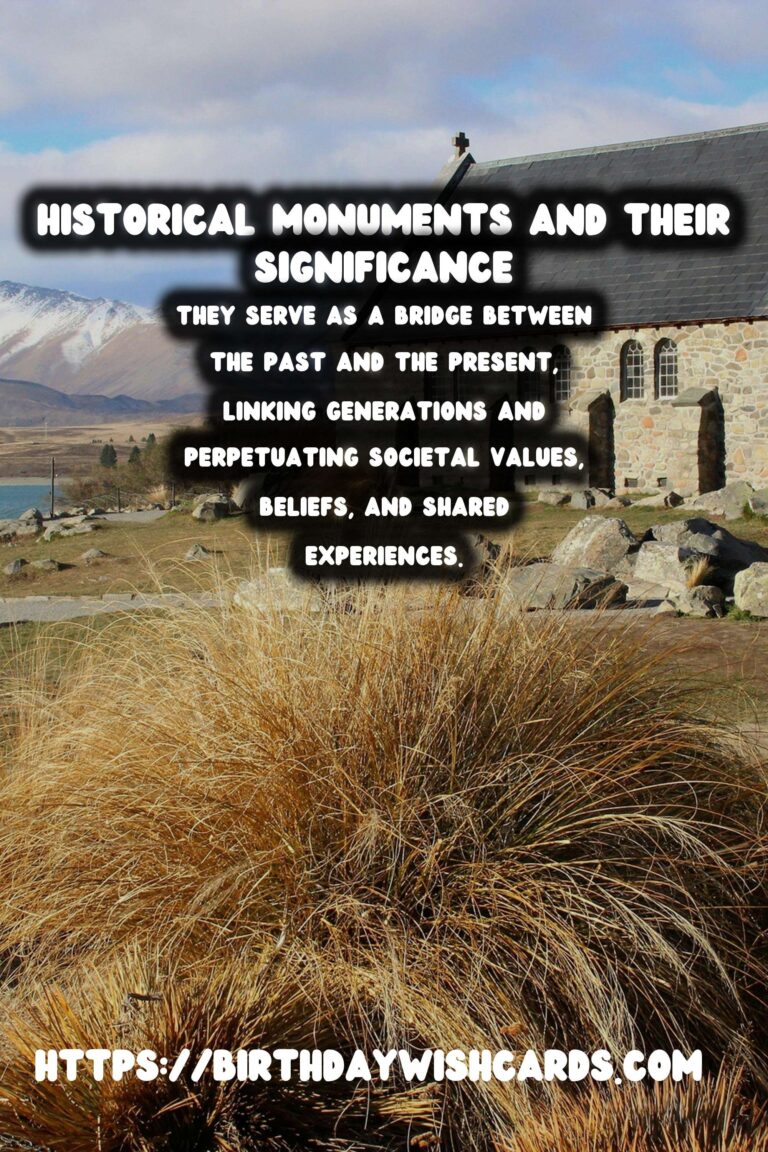
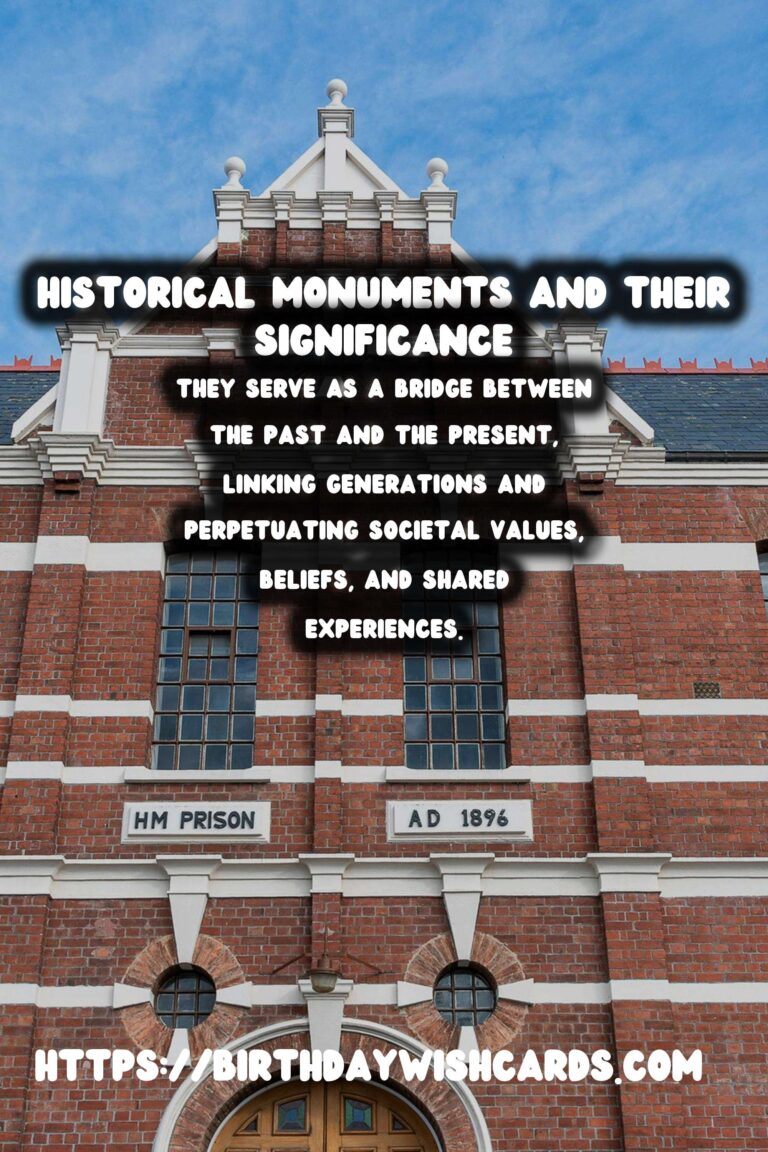
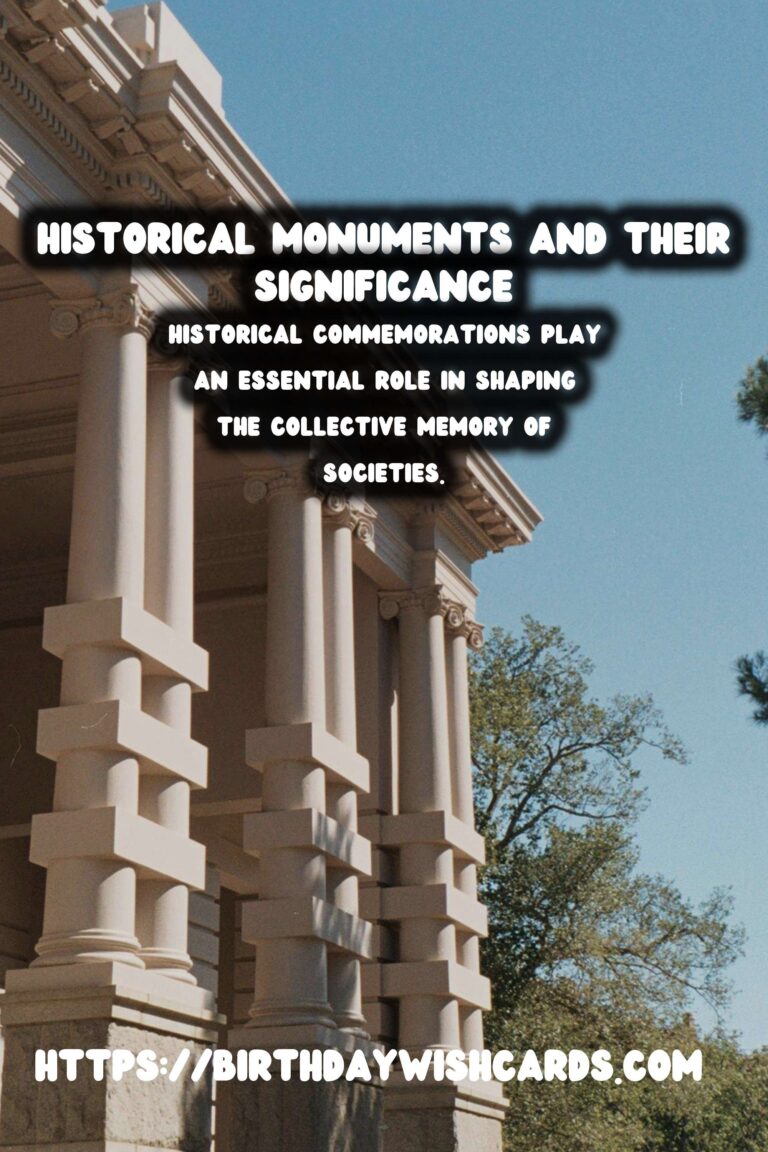

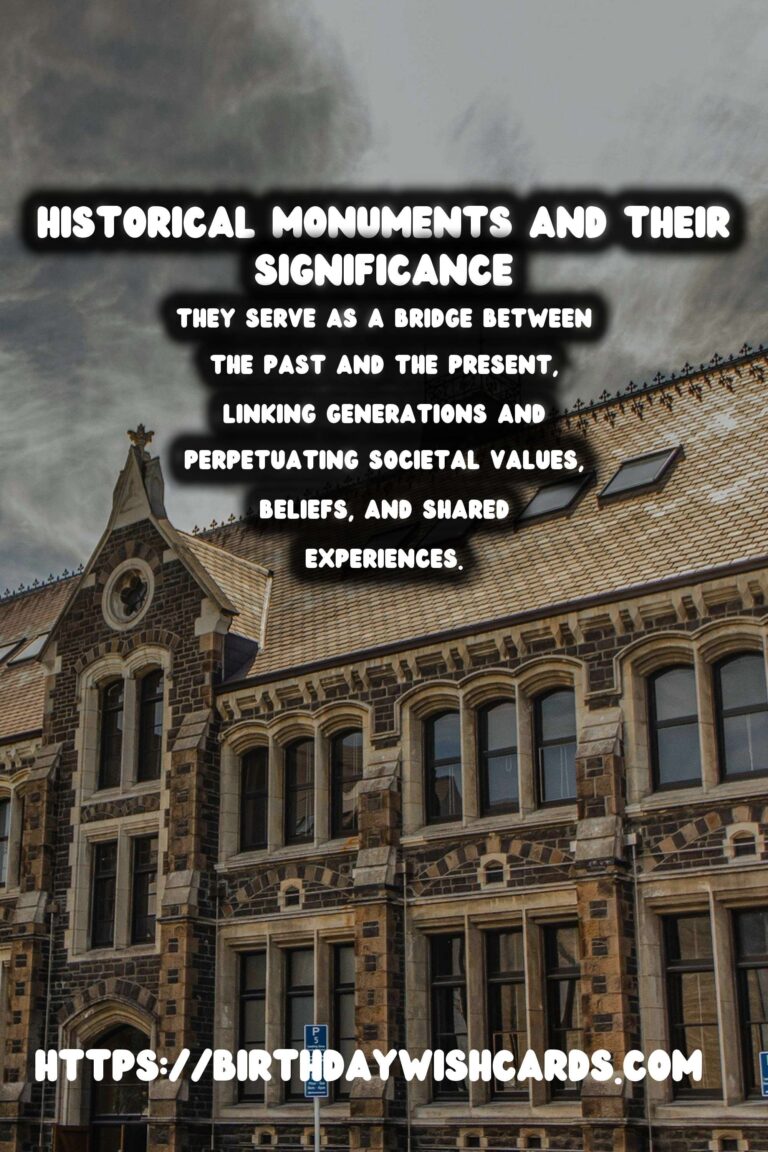
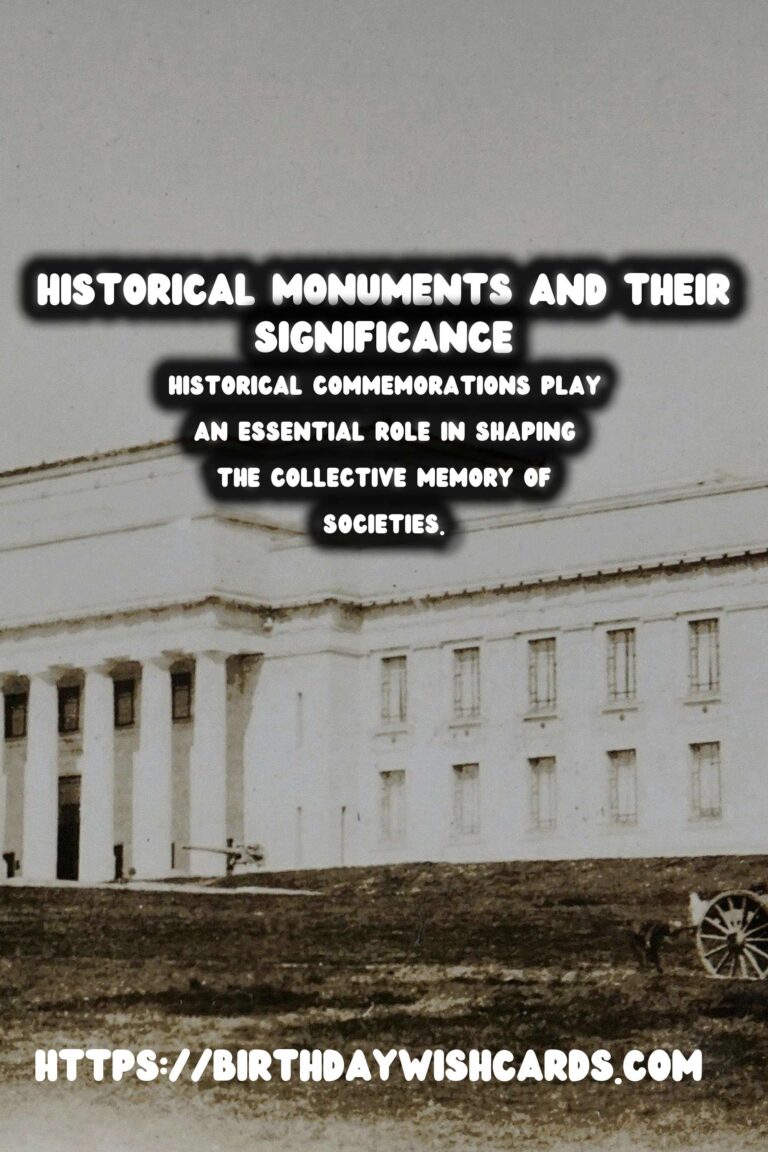
#Commemorations #CollectiveMemory




